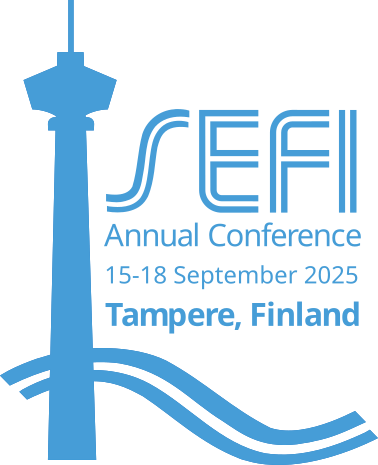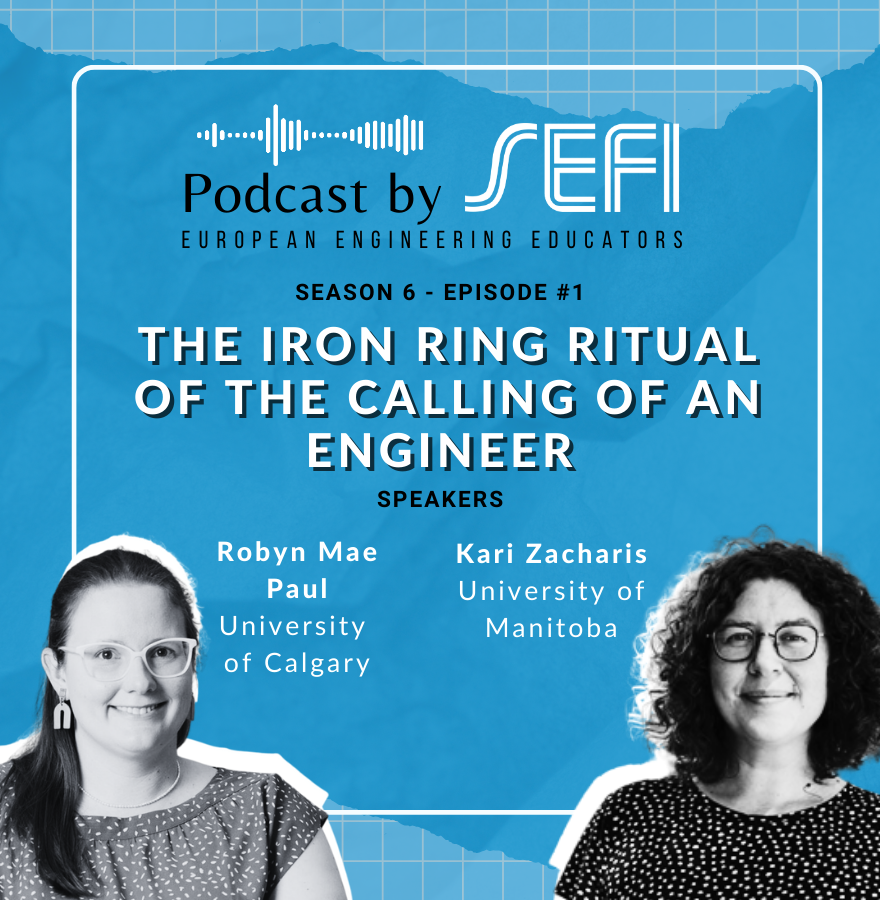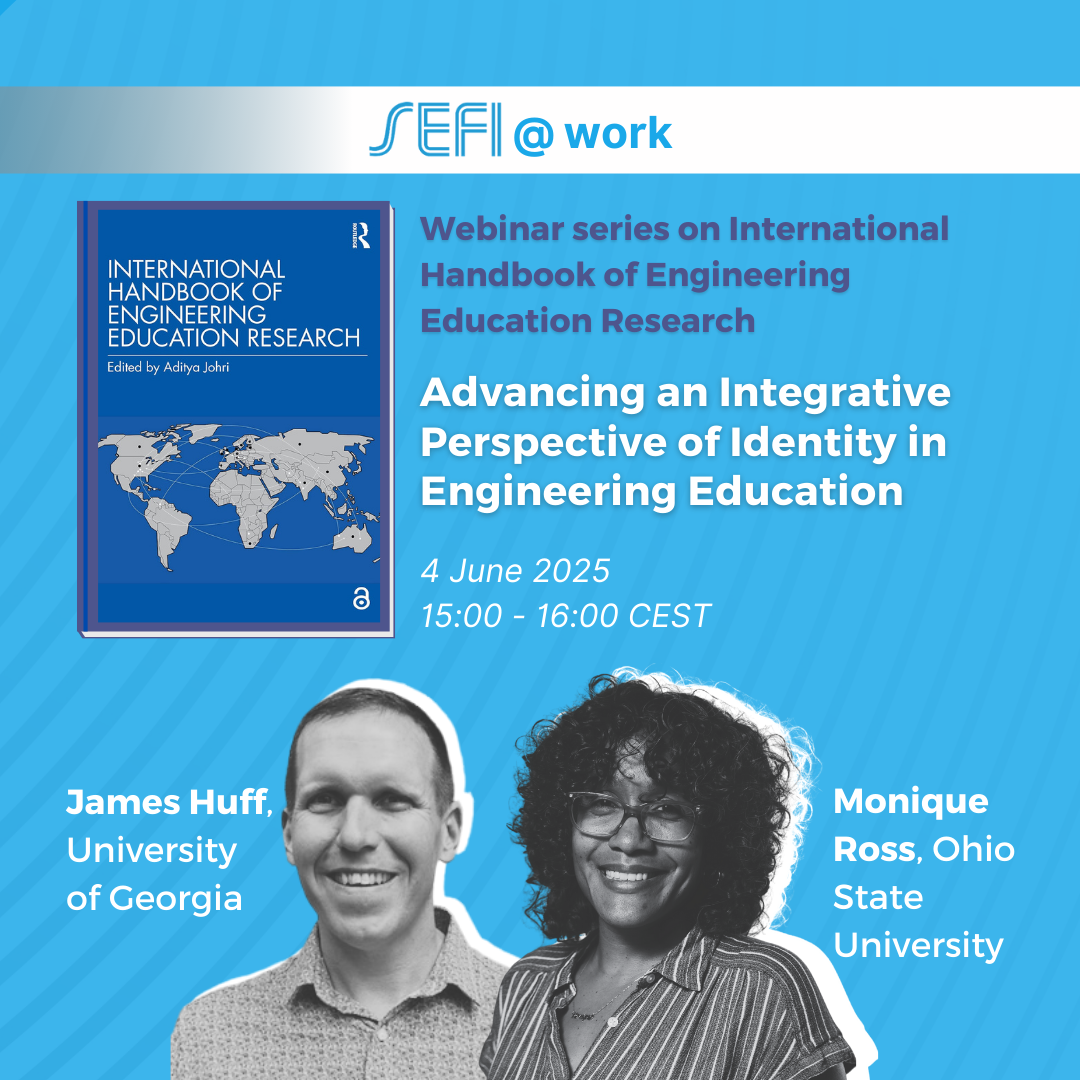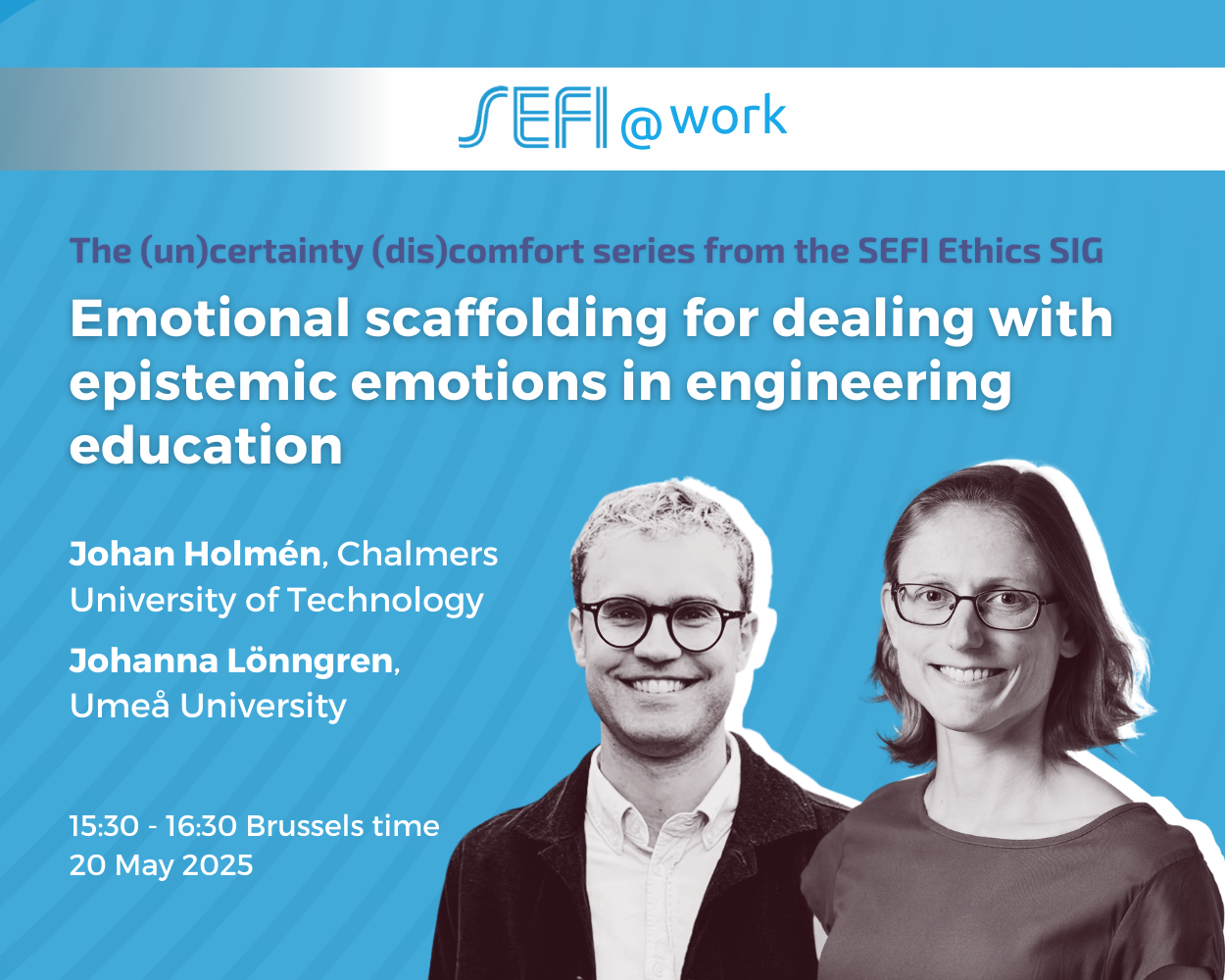The Archimedean Oath, first developed in 1990 and inspired by the Hippocratic Oath, was promoted…
SEFI 2025 Annual Conference | Engineering and Society | 15-18 September 2025 | Tampere
Call for papers

The United Nations has set 17 goals for sustainable development. Most of these goals require engineering solutions, either directly or indirectly. However, social and ethical debates surrounding these issues rarely include a significant number of engineers. This may be due to differing perspectives: engineers are often focused on solving problems within given constraints, such as cost and quality, and may view such discussions as outside their scope. On the other hand, social sciences emphasize critically examining issues from multiple perspectives.
While many problems can be addressed through technical solutions, resource-efficient manufacturing, for instance, may be more expensive than traditional methods. Thus, in addition to creating technical solutions, it is necessary to gain public support for their implementation. This requires individuals in technical fields to participate in social debates. How can engineers become social debaters who can clearly communicate the potential of technology?
Conference Tracks
While contributions on any aspect of engineering education are welcome, we particularly welcome contributions aligned with one of the following conference tracks.
- Dialogue between engineering and society – effects on education
- Engineer as a social debater – new skills needed?
- Teaching mathematics and physics in engineering education
- Digital tools and AI in engineering education
- Open and online education for engineers
- Diversity, equity and inclusion in our universities and in our teaching
- Sustainability and society in engineering
- Continuing education and life-long learning in engineering
- The attractiveness of engineering
- Engineering skills, professional skills, and transversal skills
- Engineering ethics education
- Curriculum development and emerging curriculum models in engineering
- Quality assurance and accreditation of engineering educational programs
- Building the capacity and strengthening the educational competences of engineering educators
- Improving higher engineering education through researching engineering education
Submission Types
Participants are invited to submit one of three types of papers:
- Research paper: This submission presents original quantitative or qualitative research that follows the standard practices in engineering education research. A research paper should include the theoretical background and literature review, as well as methods, analysis, and interpretations of the research. The paper should outline the contribution of the research to both engineering education research and practice. The length of a research paper should be 6–8 pages (excluding references).
- Practice paper: This submission presents ongoing projects or completed studies of practice in engineering education. Authors may describe how they practice engineering education, how they have applied concepts within engineering education, or provide a review of relevant literature and its application within engineering education. The length of a practice paper should be 6–8 pages (excluding references).
- Workshop Proposal: This submission outlines an engaging and interactive session that has a sound theoretical foundation and a practical application for engineering education. The proposal should be of interest to SEFI community members and must include a clear learning goal, a description of the theoretical foundation, and a plan for facilitating the workshop, ensuring that most of the time will be spent on active learning experiences for the participants. A workshop proposal should be 4–6 pages.
For research and practice papers, the maximum length is 8 pages (excluding references), and for workshop proposals, it is 6 pages (excluding references). Shorter submissions are welcome and may provide more flexibility for authors to adapt based on reviewers’ comments before submitting the final camera-ready copy.
Important dates
ONE-ROUND REVIEW PROCESS:
For the 2025 SEFI Conference, just like the last year, we will no longer have a two-phase submission process (abstracts followed later by full papers) but only one review phase. Abstracts will not be accepted.
To ensure an efficient review process, we do not foresee extending the deadline!
- 3 February 2025: Submission opens.
- 1 April 2025: Submission deadline: research and practice FULL papers, initial workshop proposals.
- 19 May 2025: Review feedback and notification of acceptance, conditional acceptance or rejection.
- 11 June 2025: For conditionally accepted papers: Submission of camera-ready revised papers and rebuttals.
- 30 June 2025: Final notification of acceptance and early bird registration begins.
- 15-18 September: SEFI 2025 Annual Conference
- 13 October 2025: Final workshop report due (camera ready)
Presentation Types
Paper presentations
Research and practice papers can be presented through paper talks (oral or video), posters, or discussion sessions.
Paper Talks (Oral or Video)
In paper talk sessions, three to four papers are grouped together. The authors present their papers on-site either live (oral presentation) or through a prerecorded video (video presentation). The session is followed by a brief discussion.
- Oral Presentation: Authors deliver their presentation live.
- Video Presentation: Authors are present on-site to introduce and showcase their work through a prerecorded video. This format allows for more creative and diverse presentation methods while ensuring that the author is available for interaction during the session.
Poster & Pitch
Poster pitches (30 seconds, video or in-person) are delivered in the main auditorium. Posters will be available throughout the conference, and one session will be dedicated to presenting and discussing them.
Posters come with a possibility for hands-on.
Discussion sessions
Three to four papers from the same track will be grouped together by the conference organizers for a discussion session. Each author gives a 6-minute presentation, followed by a 30-minute panel-style discussion among the authors and the audience, facilitated by the session chair. Before the session, all authors in the group are expected to familiarize themselves with each other’s papers to enable a more engaging and informed discussion. If a suitable group cannot be formed, authors may choose another presentation format.
Workshops
The length of each workshop is 60 minutes. Workshop will be implemented as outlined in the workshop proposal.
Conference fees
All fees include lunches, the welcome reception and the gala dinner.
| Early bird | Normal | Late | |
| SEFI member | 400 | 450 | 550 |
| Non-member | 500 | 550 | 650 |
| SEFI retired (contact to get access code) | 350 | 400 | 500 |
| Ph.D. student (including doctoral symposium attendees) | 300 | 350 | 450 |
| B.Sc. or M.Sc. student | 160 | 210 | 310 |
Gala dinner prices for extra persons
| Early bird | Normal | Late | |
| 95 | 95 | 125 |
For further information contact: sefi2025@taloevents.fi
Conference website: https://sefi2025.eu/
Submit your contribution through here: https://www.conftool.com/sefi2025/


